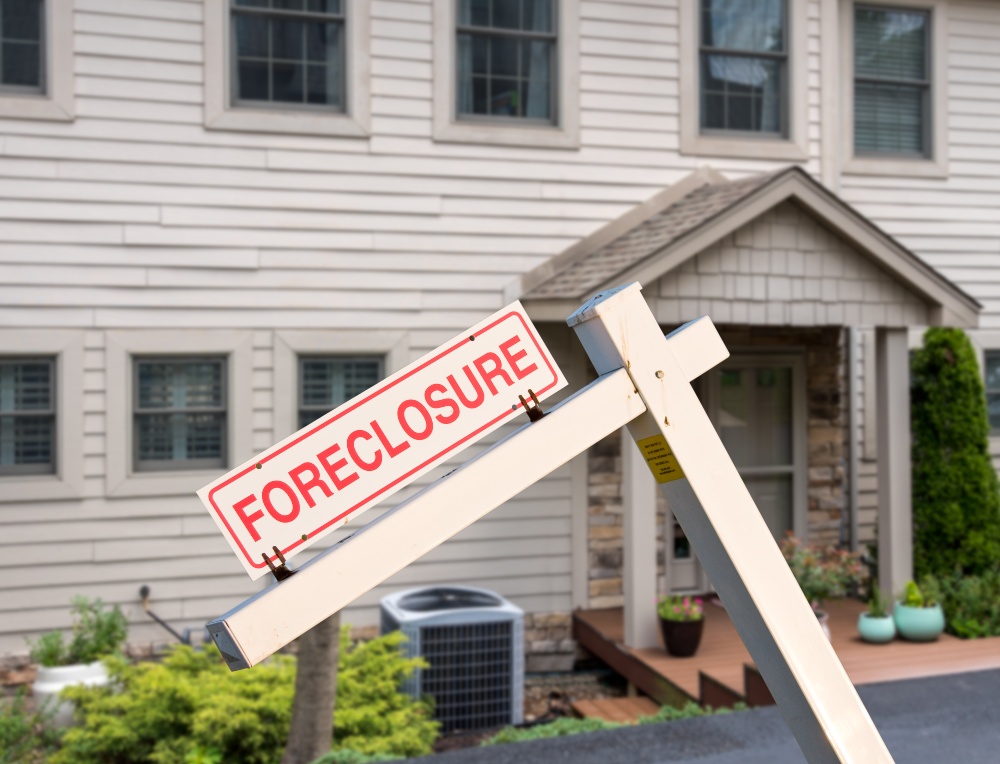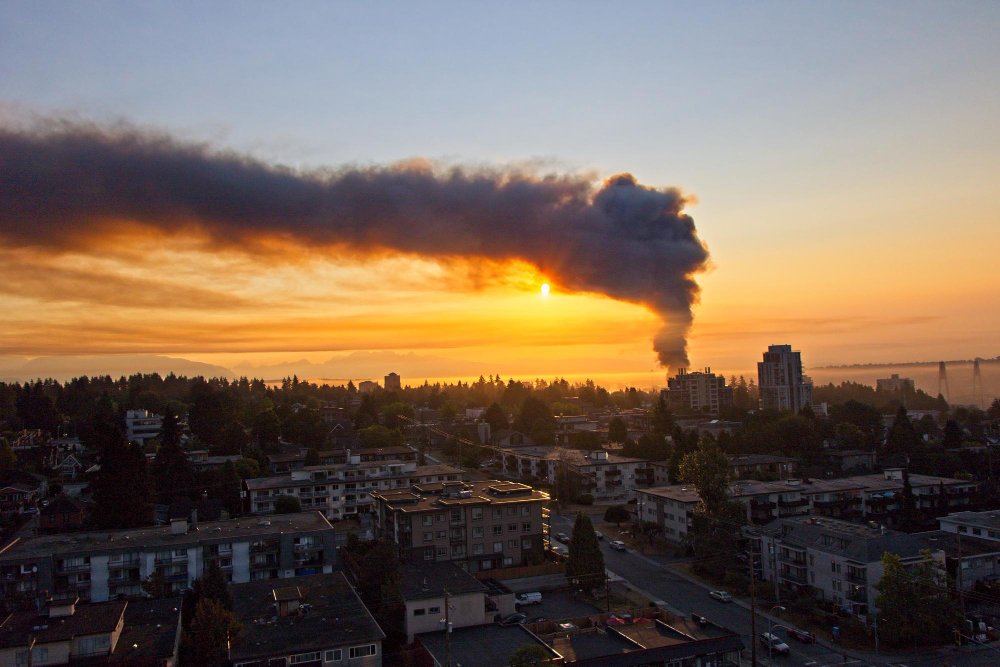What to Do If You’re Injured in a Common Area of Your Apartment Complex or Building
Getting hurt in the shared spaces of your apartment complex—like the hallway, stairwell, or parking lot—can raise more than just health concerns. You may wonder who is responsible, what your next steps should be, or if it's time to consult with a personal injury lawyer. These are common questions after an accident in a common area, and finding the right answers early matters. This guide walks you through exactly what to do: how to document the incident, when a landlord might be legally at fault, what kind of compensation you could receive, and whether legal representation could make a difference. If...
Continue reading











